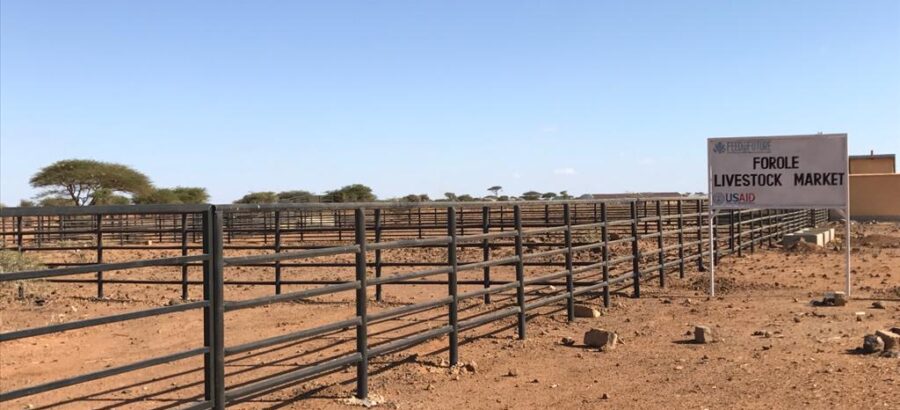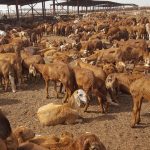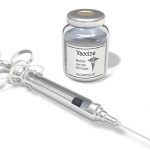IGAD Centre for Pastoral Areas and Livestock Development (ICPALD), African Organisation for Standardisation (ARSO) and African Union – Inter-African Bureau for Animal Resources (AU-IBAR) held a high-level roundtable virtual meeting on 28th May 2020, regarding optimizing returns from Intra-African Trade in Livestock and Livestock Products, under the African Continental Free Trade Area (AfCFTA). The purpose of the meeting was to discuss key technical issues identified and agree on a way forward for support required by the policy makers, inorder to optimally benefit from the AfCFTA initiative.
Representation was from ICPALD, ARSO, AU-IBAR, State Department of Livestock-Ministry of Agriculture, Livestock, Fisheries & Cooperatives (MoALFC), Kenya Private Sector Aliance (KEPSA), State Department for Trade-Ministry of Industrialization, Trade and Enterprise Development (MoITED). Following the opening address, presentations were made by ARSO, AU-IBAR, IGAD/ICPALD, KEPSA, State Department of Livestock-Ministry of Agriculture, Livestock Fisheries and Cooperatives, State Department for Trade-MoITED, followed by highlights and recommendations of the technical consultative meeting held earlier. Thereafter, the plenary discussion covered quarantine, disease control and reporting system, African trade web portal, Department of Veterinary Services online platform for meat exports, efforts of the trade facilitation committee at MoITED, efforts made to resolve non-tariff barriers at bilateral level, protocols that help countries comply with bilateral export requirements.
Recommendations and Way Forward
- The Ministry of Industrialization, Trade and Enterprise Development (MoITED) is to conduct further consultations with stakeholders to validate the National AfCFTA Furthermore the Ministry and key stakeholders will create awareness about the strategy to mainstream it to private sector, up to county levels, to benefit traders and producers;
- ARSO should fast-track harmonization of standards of identified products across the region and continent to facilitate trade. It is important that the harmonized standards are popularized through RECs and relevant ministries, and private sector institutions at MS levels;
- Kenya should strengthen national capacities of both public and private sector actors (national and county governments) to address sanitary and phyto-sanitary (SPS) issues such as harmonized disease prevention and control approaches, to safeguard export market through assured safe quality products. Partners such as IGAD/ICPALD, AU-IBAR and ARSO will complement the efforts. The signed cross-border MoUs on animal health between Kenya and neighbouring countries of Ethiopia, South Sudan and Uganda are critical elements of the proposed support;
- The State Department of Livestock is to expedite finalization of the work on policy and strategy frameworks and laws that will incentivize private sector investment, enhance collaboration of the Government and private sector, and facilitate cross-border trade; MoITED, MoALFC together with KEBs and KEPSA/Agriculture Sector Network (ASNET) should organize private sector (farmers, traders, aggregators, manufacturers, transporters, exporters etc) through awareness creation to understand the market requirements and promote self-regulation by the private sector;
- The MoALFC, MoITED, KEPSA/ASNET should support provision of marketable animals and promote value addition of livestock products in an effort to diversify the narrow based exports;
- Elimination of non-trade barriers (NTBs) by applying digital online systems to mitigate export of uninspected commodities and frustration occasionally meted out on traders by regulators;
- Strengthen inter-institutional collaboration and coordination for smooth operation of business facilitation in-country and at border points, to resolve duplication of roles so as to facilitate trade;
- Forge mutual recognition of national/regional standards by trading partners and resolve Rules of Origin with other countries.






